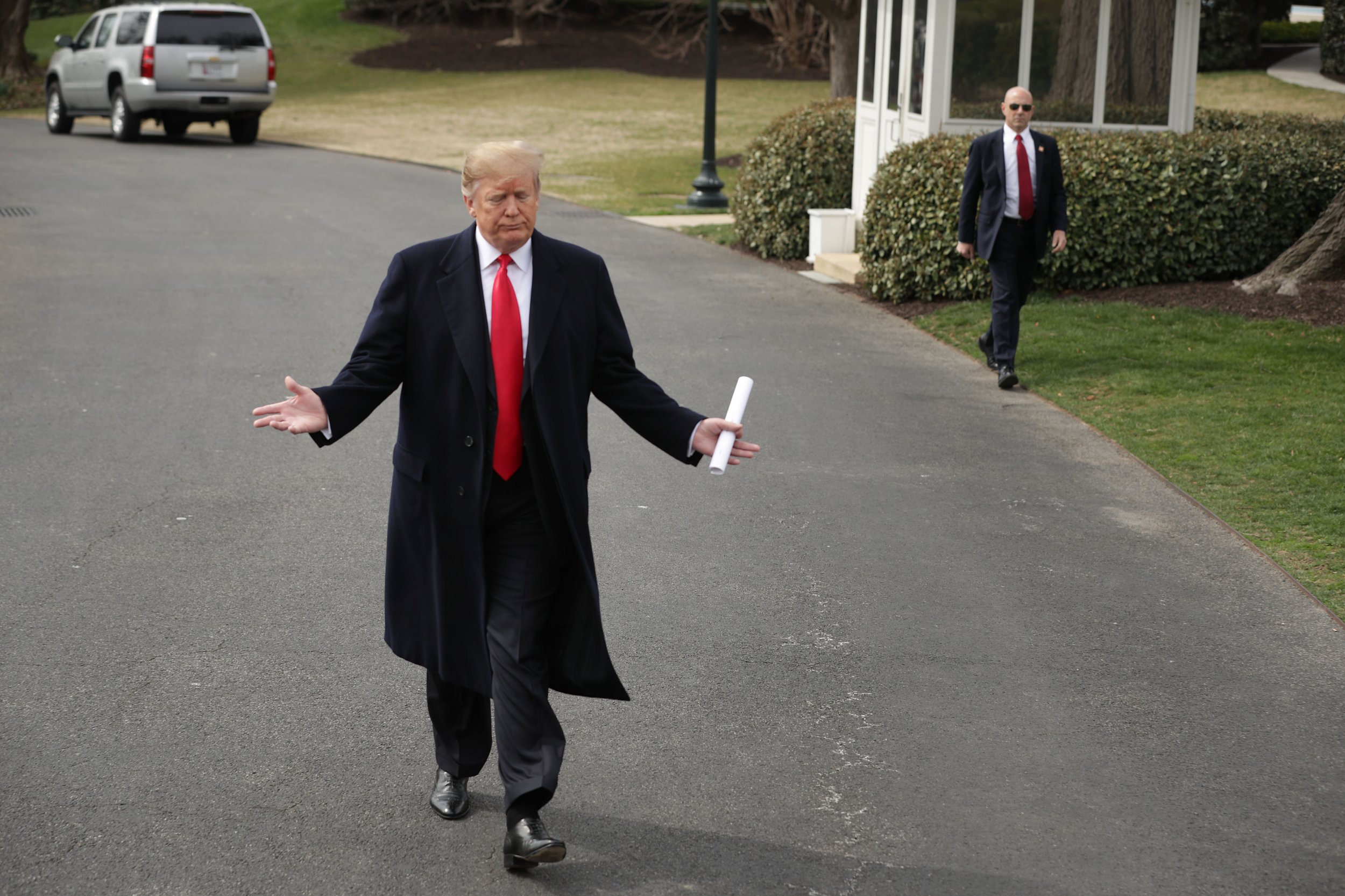
At the heart of the Mueller Report is a law enforcement dilemma that no one seems to have noticed.
The Report suggests to me that the reason no one in the Trump campaign was charged with conspiracy is because our federal criminal laws cannot deal with a high tech crime like the staged release of the documents the Russians hacked from the Democratic National Committee in Washington, D.C.
The Mueller Report acknowledges in footnote 1278 on page 176 that it could not prosecute anyone from the Trump campaign for the release of the documents stolen from the Democratic National Committee because the federal criminal code does not outlaw trafficking in stolen computer data. This footnote, which appears to be right in the middle of a discussion on Roger Stone and the staged release of the stolen data, states that "the post-hacking sharing and dissemination of emails could constitute trafficking in or receipt of stolen property," but for the fact that the relevant federal criminal statute on trafficking in stolen property does not apply to intangible property, namely computer data. In other words, but for our antiquated federal criminal law, members of the Trump campaign might well have been indicted for conspiracy to traffic in stolen property.
In 2016 we had a high tech burglary with Russian intelligence operatives hacking into the computers of the Democratic National Committee from a location in Russia approximately 5,000 miles away from Washington, D.C. In contrast, the Watergate burglary was a low-tech traditional burglary at Democratic National Committee headquarters aimed at stealing hard paper documents. As a result, there was no problem in making our federal criminal statutes fit the break-in.
Our federal criminal law worked in 1972 to charge the perpetrators caught on the physical premises of the Democratic National Committee. The Mueller Report shows that the current federal criminal law obviously did not work in 2016 to cover the Americans who participated in the strategic release of the stolen documents. In comparison to 1972, this high tech burglary resulted in the theft of more useful and a greater quantity of documents than were ever stolen in Watergate. Unlike in Watergate, these stolen documents were weaponized in a high tech strategically effective way against the Democratic presidential nominee to influence the campaign.
The Mueller Report also reveals that our new high tech global world made it far more difficult to investigate the involvement of the Trump campaign in the staged release of the stolen data than it was to investigate the Nixon campaign's involvement in the Watergate break-in. For example, the Mueller Report acknowledges that its investigators were unable to uncover communications between members of the Trump campaign and the Russians because of the use of "applications that feature encryption or do not provide for long-term retention of data or communication records." The Report acknowledges that this technological barrier meant that the special counsel "was not able to corroborate witness statements" or to "fully question witnesses about statements that appeared inconsistent with other known facts." In Watergate we had no such constraints and were able to gather evidence the old fashion way through paper documents, such as telephone records that reflected connections between and among suspected conspirators and where people were located at any given time.
That problem coupled with the fact that the special counsel "faced practical limits on its ability to access relevant evidence" with "numerous witnesses and subjects" living abroad. The hacking was perpetrated by Russians located in Russia, and the stolen documents were released into the United States by Wikileaks from another location outside the U.S. That was not a problem in Watergate. Everyone involved lived in the territorial United States. The burglars and those who organized the burglary were all Americans and physically perpetrated their crime in Washington, D.C. All relevant witnesses were subject to subpoena power and the jurisdiction of the U.S. Courts.
In the final analysis, Trump's claim that he and his campaign were exonerated from a conspiracy charge rings hollow when the reason Mueller did not charge anyone in the Trump campaign with conspiracy boiled down to the technicality that the campaign was trafficking in stolen computer data as opposed to tangible paper documents. This technicality can easily be remedied by Congress. New York State, for example, makes it a felony to possess stolen computer data. Federal criminal law does not. Congress needs to deal with making it easier for law enforcement to investigate high tech crimes in our new global order.
Nick Akerman is a partner at Dorsey & Whitney law firm, a former Assistant Special Watergate Prosecutor and a former Assistant United States Attorney in the Southern District of New York.
The views expressed in this article are the author's own.
Uncommon Knowledge
Newsweek is committed to challenging conventional wisdom and finding connections in the search for common ground.
Newsweek is committed to challenging conventional wisdom and finding connections in the search for common ground.
About the writer
To read how Newsweek uses AI as a newsroom tool, Click here.





